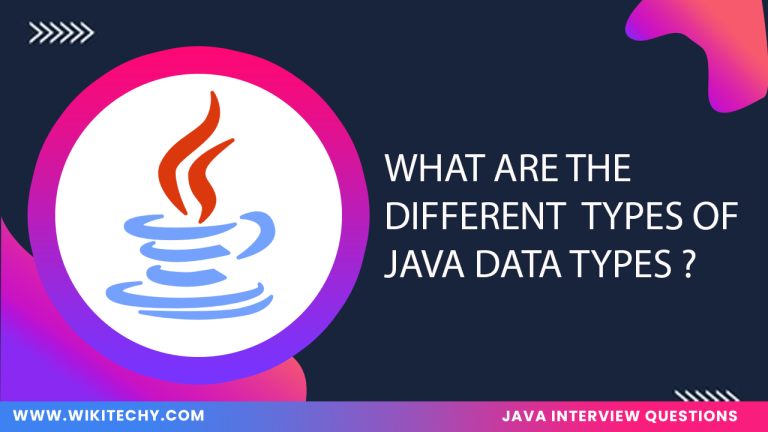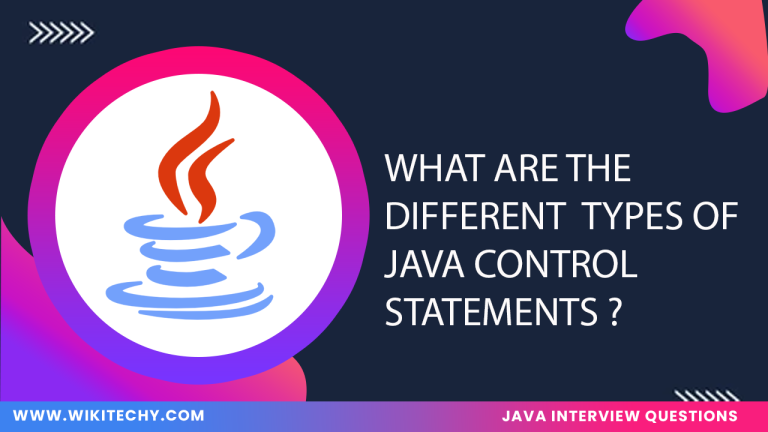Definition:
- JDK (Java Development Kit):
- A software development environment used to develop Java applications and applets.
- It includes the JRE, along with development tools such as compilers, debuggers, and documentation tools.
- JRE (Java Runtime Environment):
- A package of software that provides the runtime environment for executing Java programs.
- It contains the JVM (Java Virtual Machine), libraries, and other components necessary to run Java applications but does not include development tools.

Features:
- JDK:
- Includes JRE (Java Runtime Environment).
- Java compiler (javac): Translates Java source code into bytecode.
- Debugger (jdb): Helps in debugging Java programs.
- JavaDoc tool: Automatically generates documentation from source code comments.
- Additional libraries and tools required for development.
- JRE:
- Java Virtual Machine (JVM): Executes Java bytecode.
- Core libraries: Provides essential classes such as java.util, java.lang, etc.
- Java Web Start: Enables deployment of Java applications over a network.
- Plug-ins for running Java applets in web browsers.
Advantages:
- JDK:
- Complete package for developers to write, compile, debug, and document Java programs.
- Provides tools for performance monitoring and profiling.
- Essential for software development, offering tools to build scalable applications.
- JRE:
- Lightweight, only includes what is necessary to run Java programs.
- Easier and faster to install for end users who only need to run applications.
- Platform-independent execution of Java applications.
Uses:
- JDK:
- Developing desktop, mobile, and web applications using Java.
- Compiling Java source code into bytecode.
- Debugging and profiling Java applications.
- JRE:
- Running Java applications and applets.
- Used by end-users who don’t need to write Java code but need to run Java-based software.
- Running pre-compiled Java applications in server environments.




